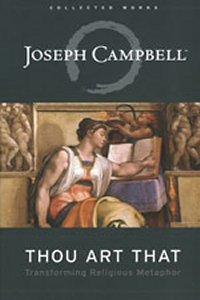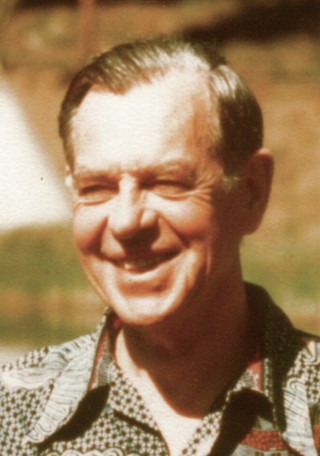
Joseph John Campbell was an American writer. He was a professor of literature at Sarah Lawrence College who worked in comparative mythology and comparative religion. His work covers many aspects of the human experience. Campbell's best-known work is his book The Hero with a Thousand Faces (1949), in which he discusses his theory of the journey of the archetypal hero shared by world mythologies, termed the monomyth.
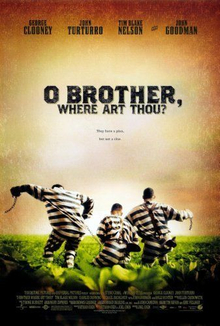
O Brother, Where Art Thou? is a 2000 satirical comedy-drama musical film written, produced, co-edited, and directed by Joel and Ethan Coen. It stars George Clooney, John Turturro, and Tim Blake Nelson, with Chris Thomas King, John Goodman, Holly Hunter, and Charles Durning in supporting roles.
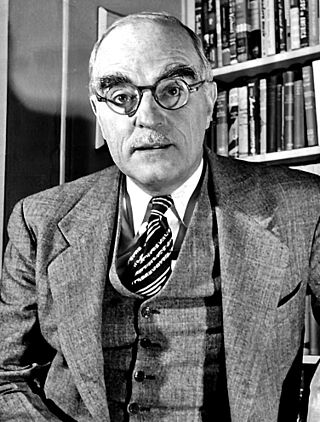
Thornton Niven Wilder was an American playwright and novelist. He won three Pulitzer Prizes, for the novel The Bridge of San Luis Rey and for the plays Our Town and The Skin of Our Teeth, and a U.S. National Book Award for the novel The Eighth Day.

O Brother, Where Art Thou? is the soundtrack album of music from the 2000 American film of the same name, written, directed and produced by the Coen Brothers and starring George Clooney, John Turturro, Tim Blake Nelson, and John Goodman.

The Bibliothèque nationale de France is the national library of France, located in Paris on two main sites known respectively as Richelieu and François-Mitterrand. It is the national repository of all that is published in France. Some of its extensive collections, including books and manuscripts but also precious objects and artworks, are on display at the BnF Museum on the Richelieu site.

The Hero with a Thousand Faces is a work of comparative mythology by Joseph Campbell, in which the author discusses his theory of the mythological structure of the journey of the archetypal hero found in world myths.

Jean Erdman was an American dancer and choreographer of modern dance as well as an avant-garde theater director.
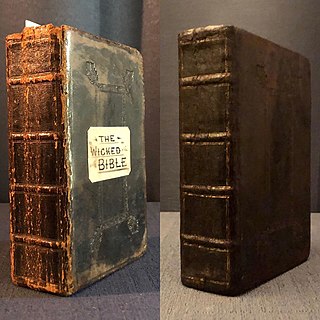
The Wicked Bible, sometimes called the Adulterous Bible or the Sinners' Bible, is an edition of the Bible published in 1631 by Robert Barker and Martin Lucas, the royal printers in London, meant to be a reprint of the King James Bible. The name is derived from a mistake made by the compositors: in the Ten Commandments in Exodus 20:14, the word "not" was omitted from the sentence, "Thou shalt not commit adultery".
Thou Art That may refer to:
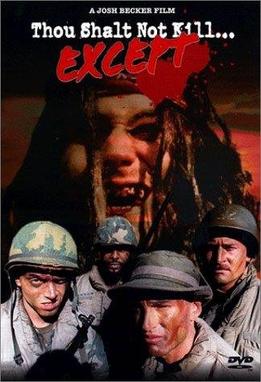
Thou Shalt Not Kill ... Except, also known as Stryker's War, is a 1985 American action horror film directed by Josh Becker and starring Robert Rickman, John Manfredi, Tim Quill, Cheryl Hausen, Perry Mallette and Sam Raimi. It was written by Becker and Scott Spiegel from a story by Becker, actor Bruce Campbell, and Sheldon Lettich.
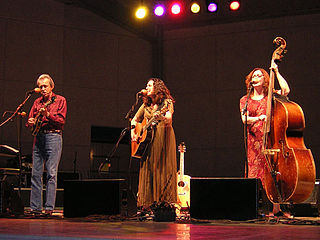
The Whites are an American country music vocal group from Fort Worth, Texas, United States. They consist of sisters Sharon White and Cheryl White, and their father, Buck White. Sharon plays guitar, Cheryl is the bassist and Buck plays the mandolin. Formed in 1972, the trio has recorded multiple albums and charted multiple songs on the Billboard Hot Country Songs chart. They are also known as frequent collaborators of country and bluegrass musician Ricky Skaggs, who is Sharon's husband.
"How Great Thou Art" is a Christian hymn based on an original Swedish hymn entitled "O Store Gud" written in 1885 by Carl Boberg (1859–1940). The English version of the hymn and its title are a loose translation by the English missionary Stuart K. Hine from 1949. The hymn was popularised by George Beverly Shea and Cliff Barrows during Billy Graham's crusades. It was voted the British public's favourite hymn by BBC's Songs of Praise. "How Great Thou Art" was ranked second on a list of the favourite hymns of all time in a survey by Christianity Today magazine in 2001 and in a nationwide poll by Songs Of Praise in 2019.

Psalm 90 is the 90th psalm of the Book of Psalms, beginning in English in the King James Version: "Lord, thou hast been our dwelling place in all generations". In the slightly different numbering system used in the Greek Septuagint and Latin Vulgate translations of the Bible, this psalm is Psalm 89. In Latin, it is known as "Domine refugium tu factus es nobis in generatione et generatione". It is the opening psalm of Book 4 of the psalms. Uniquely among the Psalms, it is attributed to Moses. It is well known for its reference in verse 10 to human life expectancy being 70 or 80 : it is believed that this verse was the influence for the opening words of Abraham Lincoln's Gettysburg Address.
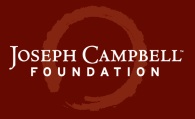
The Joseph Campbell Foundation (JCF) is a US not-for-profit organization dedicated to the work of influential American mythologist Joseph Campbell (1904–1987). The organization’s stated mission is to “invite you to experience the power of myth.” JCF fosters academic and popular discussion in the fields of comparative mythology and religion, psychology and culture through its publishing program, events, social media outreach, and website.

"Thou Art the Man", originally titled "Thou Art the Man!", is a short story by Edgar Allan Poe, first published in 1844. It is an early experiment in detective fiction, like Poe's "The Murders in the Rue Morgue", though it is generally considered an inferior story.

The Inner Reaches of Outer Space is a 1986 book by mythologist Joseph Campbell, the last book completed before his death in 1987. In it, he explores the intersections of art, psychology and religion, and discusses the ways in which new myths are born. In writing the book, Campbell drew on transcripts of a series of lectures and conversations that he gave in San Francisco between 1981 and 1984, including legendary symposiums with astronaut Rusty Schweickart and with members of the Grateful Dead.
Maud Van Cortlandt Oakes (1903–1990) was an ethnologist, artist and writer who published her research into the cultures of indigenous tribes in the Americas, including the Navajo of the American Southwest and the Mam of Guatemala. She is best known for her books recording these tribes' ceremonies, art and stories.

Psalm 8 is the eighth psalm of the Book of Psalms, beginning and ending in English in the King James Version (KJV): "O LORD, our Lord, how excellent is thy name in all the earth!". In Latin, it is known as "Domine Dominus noster". Its authorship is traditionally assigned to King David. Like Psalms 81 and 84, this psalm opens with a direction to the chief musician to perform upon the gittith, which either refers to a musical instrument, a style of performance, or alludes to persons and places in biblical history.
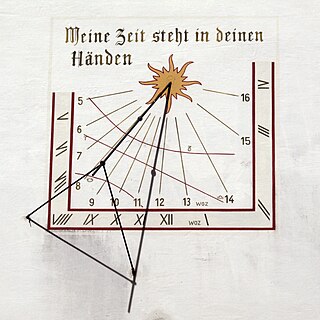
Psalm 31 is the 31st psalm of the Book of Psalms, beginning in English in the King James Version: "In thee, O LORD, do I put my trust". In Latin, it is known as "In te Domine speravi". The Book of Psalms is part of the third section of the Hebrew Bible, and a book of the Christian Old Testament. In the slightly different numbering system used in the Greek Septuagint version of the Bible, and in its Latin translation, the Vulgate, this psalm is Psalm 30. The first verse in the Hebrew text indicates that it was composed by David.
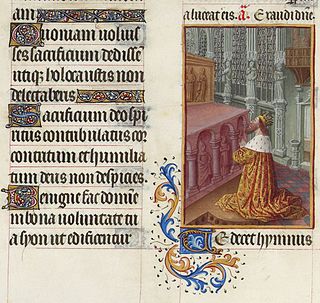
Psalm 65 is the 65th psalm of the Book of Psalms, beginning in English in the King James Version: "Praise waiteth for thee, O God, in Sion: and unto thee shall the vow be performed". In the slightly different numbering system of the Greek Septuagint version of the Bible and the Latin Vulgate, this psalm is Psalm 64. In Latin, it is known as "Te decet hymnus Deus in Sion et tibi reddetur votum in Hierusalem".
